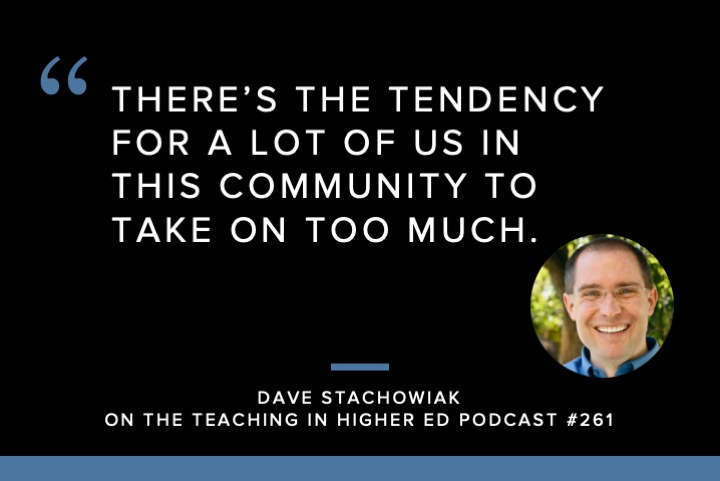Episode: Innovator Stories – Episode 3
Episode pub date: 2019-06-01

What makes an innovator in the world of disrupting science? What sort of experiences, behaviours and mindsets prompt people to make change, and guard them against the challenges that changing the status quo inevitably brings?
Those were the questions on our mind for this first episode of our ‘Innovator Stories’ mini-series on the Science: Disrupt podcast.
Over the next 5 episodes of Science: Disrupt, you’ll hear from those at the coal face, enacting change within science – whether that’s building new products, changing behaviour in the lab or simply being more vocal in the scientific community, we wanted to bring to the fore some of the ‘behind the scenes’ insights into what makes innovation happen.
This episode features:
- Cindy Wu, Co-Founder of Experiment. Experiment is a crowdfunding platform that allows anyone to participate on the scientific process by backing their chosen research project. In exchange not only do funders get to see research flourish but get to share in the scientific content produced through lab notes produced for that funding community.
- Monica Grenados, a policy analyst and food web ecologist. Monica is active in the open science community through her work on the leadership team at PREreview and as a mentor for the Mozilla Open Leaders. PREreview is a platform that hosts preprint reviews and shares them openly with everyone, they also are great advocates of getting preprints into the traditional academic journal club.
- Naomi Penfold, associate director of ASAPbio a non-profit that promotes transparency and innovation in life science communication. Naomi is involved in engaging the scientific community promoting the use of preprints to ensure the science actually gets outs of the lab in a reasonable time frame and is available to all.
The series is supported by the awesome team at Digital Science’s Catalyst Grant – they’re constantly searching for the next big thing in scientific research software. To help nurture original, early stage ideas they created the Catalyst Grant where they offer up to £25,000 to help get your idea from concept to prototype. So, if you’ve got an idea to help further scientific research, then they’ve got the funding and resources to bring it to life. The next deadline for submission is June 30th, so get to it!
The podcast and artwork embedded on this page are from Science: Disrupt, which is the property of its owner and not affiliated with or endorsed by Listen Notes, Inc.

 Every time you have somebody on I just feel like there’s something that I’m using in my own work.
Every time you have somebody on I just feel like there’s something that I’m using in my own work.





